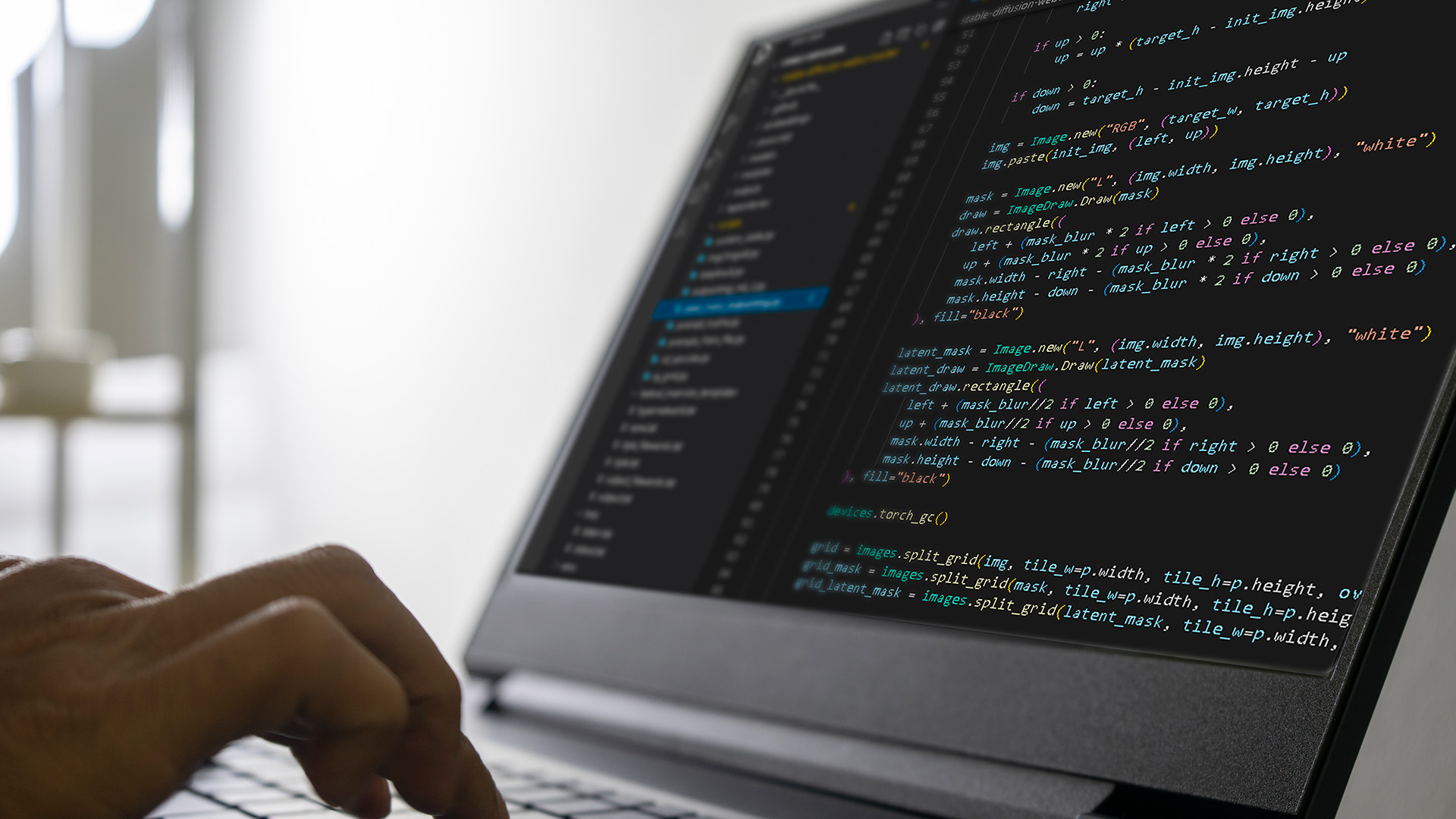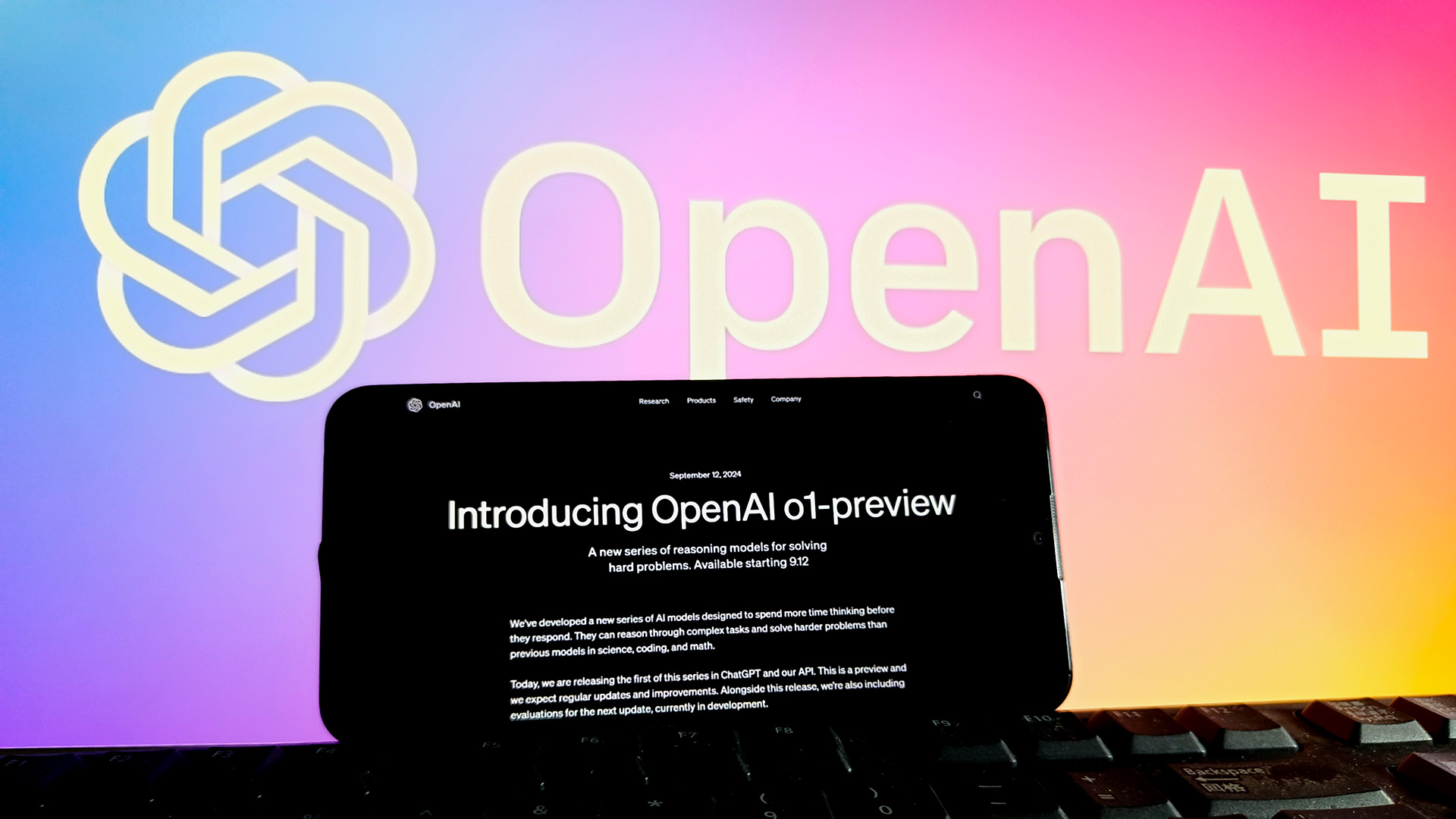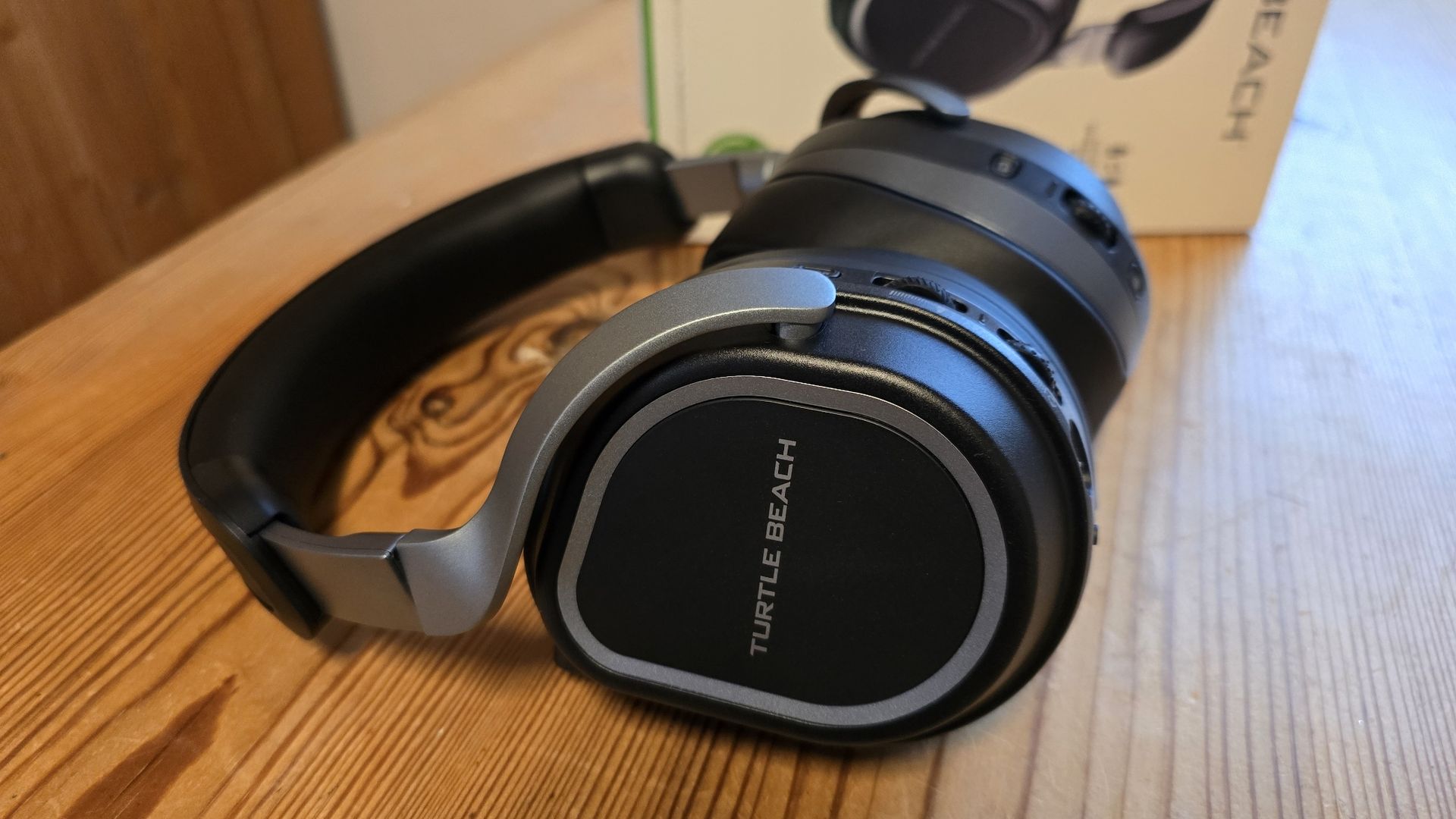OpenAI o1 might be the final nail in coding's coffin — "If OpenAI's o1 can pass OpenAI's research engineer hiring interview for coding at a 90-100% rate, why would they continue to hire actual human engineers?"
As earlier predicted, coding might be dead in the water with the prevalence of AI and the launch of OpenAI o1 with advanced coding capabilities.

All the latest news, reviews, and guides for Windows and Xbox diehards.
You are now subscribed
Your newsletter sign-up was successful
What you need to know
- OpenAI recently launched a series of new next-gen AI models with advanced reasoning capabilities across coding, math, and science.
- Per benchmarks shared, OpenAI o1 and o1-mini are exceptionally great at coding and have passed OpenAI's research engineer hiring interview for coding at a 90-100% rate.
- This raises more concern among professionals and the security of their jobs with the rapid prevalence of AI and its capabilities.
Is artificial intelligence just a fad, or it's on the verge of the biggest technological breakthrough? Over the past few years, AI has taken center stage at major tech companies, including Microsoft, Google, OpenAI, NVIDIA, and more.
Incidentally, early adoption of the technology and integration of AI across their tech stack has propelled most of these companies to the top of the food chain, each having a brief taste of the world's most valuable company with over $3 trillion in market valuation.
Despite AI's high demand for electricity and cooling water and rising concern among investors, companies continue to forge forward with their AI efforts. OpenAI was reportedly on the brink of bankruptcy within the next year, with projections of $5 billion in losses.
However, Microsoft, NVIDIA, and Apple will participate in another round of funding to keep the ChatGPT in business, pushing its market capitalization well beyond $150 billion.
Microsoft's latest Work Trend Index report indicated that contrary to popular belief, AI creates job opportunities, but executives won't hire anyone without an AI aptitude, prompting "a 142x increase in LinkedIn members adding AI skills like Copilot and ChatGPT to their profiles."
In the recent past, coding among other creative jobs is seen as the first profession on AI's chopping block. NVIDIA CEO Jensen Huang predicted that coding might be dead in the water as a career for the next generation with the prevalence of AI. Instead, he recommended exploring opportunities in other areas, including biology, education, manufacturing, or farming.
Amazon Web Services CEO Matt Garman echoed Huang's sentiments:
All the latest news, reviews, and guides for Windows and Xbox diehards.
"If you go forward 24 months from now, or some amount of time — I can't exactly predict where it is — it's possible that most developers are not coding."
OpenAI's new advanced reasoning models blow engineers out of the water
And now, it's quite possible that AI could reshape the coding landscape and claim jobs from developers — especially after OpenAI recently launched a new series of next-gen AI models (aka Strawberry) with advanced reasoning capabilities across science, math, and coding. OpenAI o1 and o1-mini are reportedly exceptionally great at writing and detecting errors in code.
If OpenAI's o1 can pass OpenAI's research engineer hiring interview for coding -- 90% to 100% rate.........then why would they continue to hire actual human engineers for this position?Every company is about to ask this question. pic.twitter.com/NIIn80AW6fSeptember 12, 2024
In an interview, OpenAI CTO Mira Murati discussed the rapid prevalence of AI and its impact on the job market. Murati indicated that while AI is creating job opportunities, it's also rendering some professions redundant:
"Some creative jobs maybe will go away. But maybe they shouldn't have been there in the first place — you know, if the content that comes out of it is not very high quality."
In the same breath, a separate report claims the banking sector could be on AI's chopping board next, with approximately 54% of jobs susceptible to automation. OpenAI's GPT-4o model launched during the Spring event spotted similar capabilities, but OpenAI o1 and o1-mini are seemingly more advanced.
🎒The best Back to School deals📝
- 🕹️Xbox Game Pass Ultimate (3-months) | $29.79 at CDKeys (Save $20!)
- 💻HP Envy 16 2-in-1 (Ryzen 5) | $499.99 at Best Buy (Save $350!)
- 🕹️Starfield Premium Upgrade (Xbox & PC) | $27.69 at CDKeys (Save $7!)
- 💻ASUS Vivobook S 15 (X Elite) | $945 at Amazon (Save $355!)
- 🕹️God of War: Ragnarök (PC, Steam) | $51.69 at CDKeys (Save $14!)
- 💻Lenovo ThinkPad X1 Carbon | $1,481.48 at Lenovo (Save $1,368!)
- 🎮 Seagate Xbox Series X|S Card (2TB) | $249.99 at Best Buy (Save $110!)
- 🕹️Hi-Fi RUSH (PC, Steam) | $8.89 at CDKeys (Save $21!)
- 💻HP Victus 15.6 (RTX 4050) | $599 at Walmart (Save $380!)
- 🖱️Razer Basilisk V3 Wired Mouse | $44.99 at Best Buy (Save $25!)
- 🖥️Lenovo ThinkStation P3 (Core i5 vPro) | $879.00 at Lenovo (Save $880!)

Kevin Okemwa is a seasoned tech journalist based in Nairobi, Kenya with lots of experience covering the latest trends and developments in the industry at Windows Central. With a passion for innovation and a keen eye for detail, he has written for leading publications such as OnMSFT, MakeUseOf, and Windows Report, providing insightful analysis and breaking news on everything revolving around the Microsoft ecosystem. While AFK and not busy following the ever-emerging trends in tech, you can find him exploring the world or listening to music.

